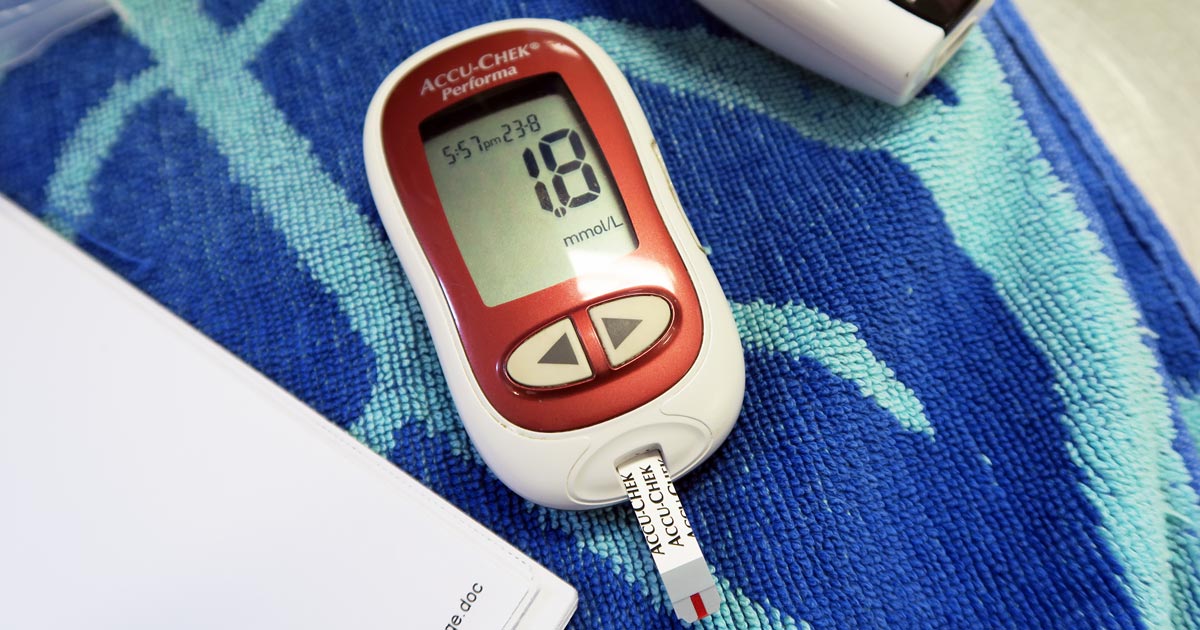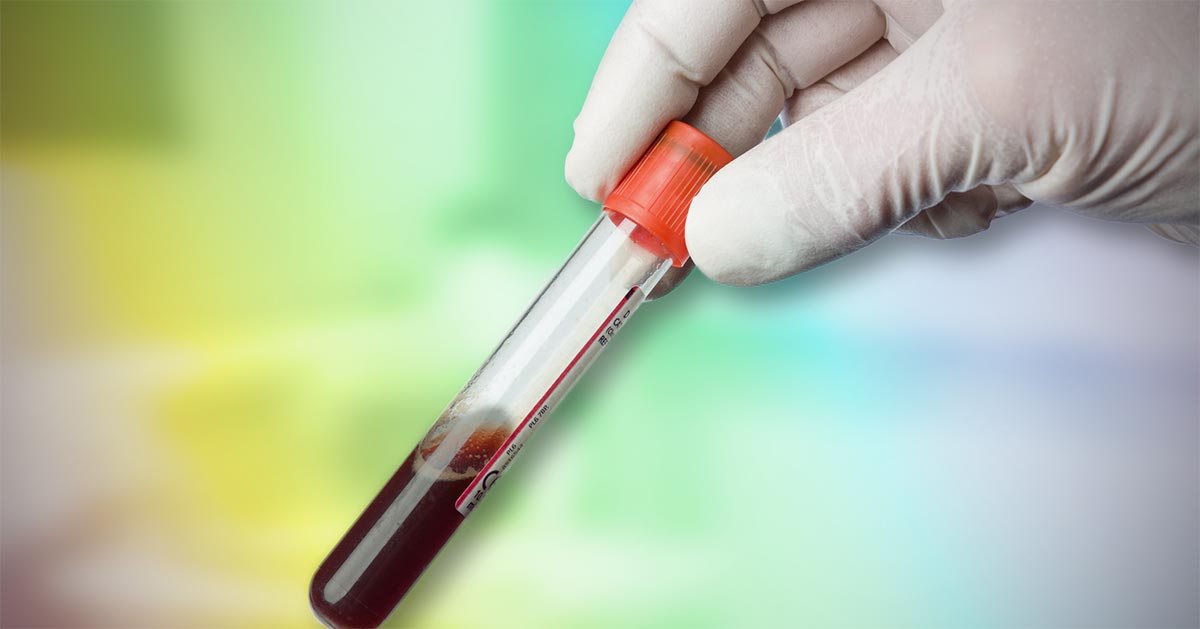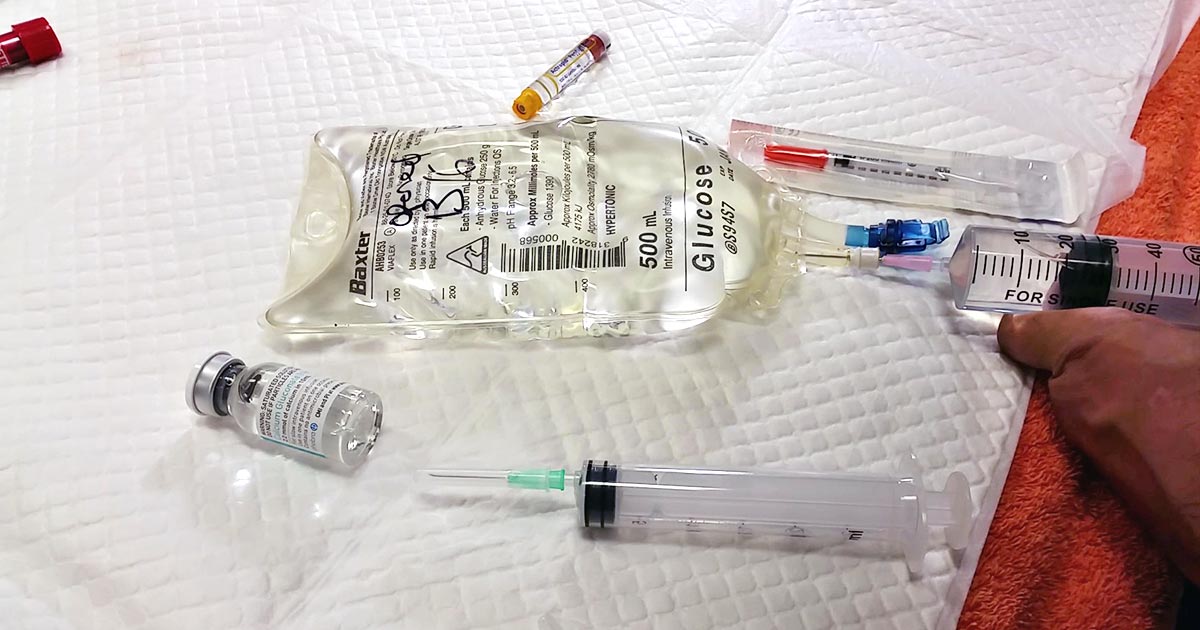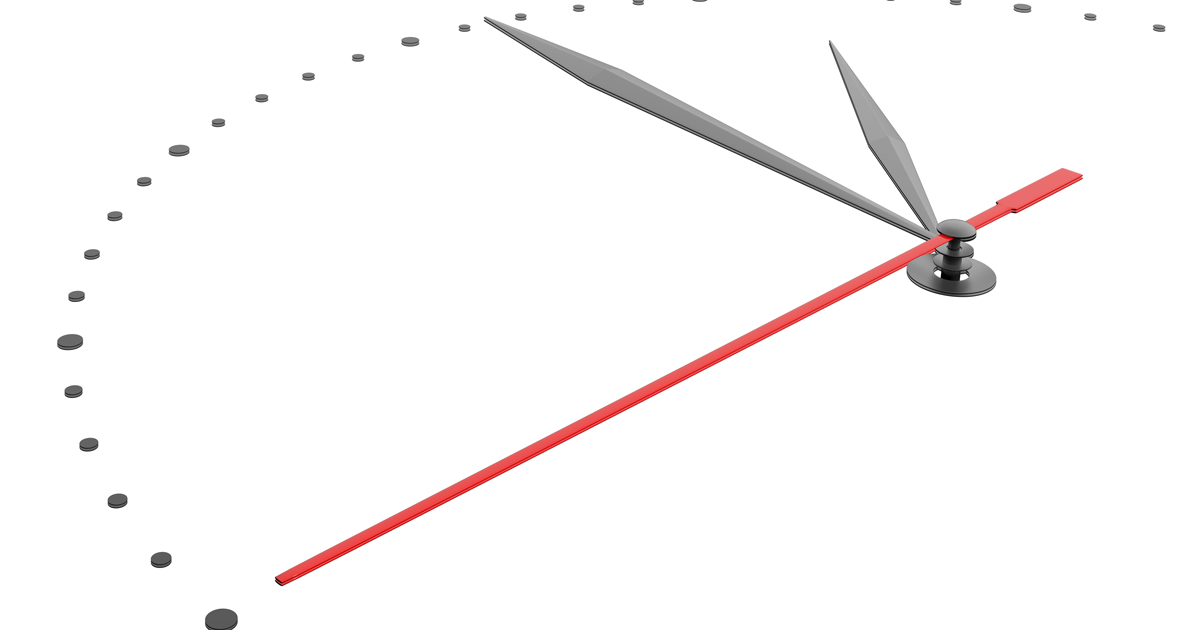Tag: Insulin
-

Hypoglycaemia
—
by
Blood glucose is an important parameter that should be included in every “emergency database”. Hypoglycaemia is considered when blood glucose levels drop below 3.5mmol/L or 63mg/dL. Symptoms can start as being vague, such as lethargy and weakness, then progress to tremoring and seizures. One important point is that, in an emergency setting, although reduced food…
-

Blood gas analysis, pt 2: acid-base disturbances
—
by
Acid-base disturbances are common in critical patients. These changes must be identified, as even minor deviations from the normal range can lead to significant abnormal body functions. Acidaemia and alkalaemia Acidaemia, which occurs when blood pH falls below 7.35, will lead to: impedance of cardiac output reduced cardiac contractility a blunted response to catecholamine manifesting…
-

Christmas dangers
—
by
Christmas can be a busy time for vet clinics, so here is a list of common intoxications and conditions to keep an eye out on during the festive period. Chocolate Numerous online calculators can determine whether a toxic dose has been consumed and they are a great place to start. I always perform emesis in…
-

Festive threats to four-legged family members
—
by
Now well into December, and getting ever closer to Christmas, there will be an abundance of “goodies” around the house that are not so good for the four-legged family members. Most owners are aware of the dangers of chocolate and so are likely to rush down to the vet on Boxing Day when their Labrador…

